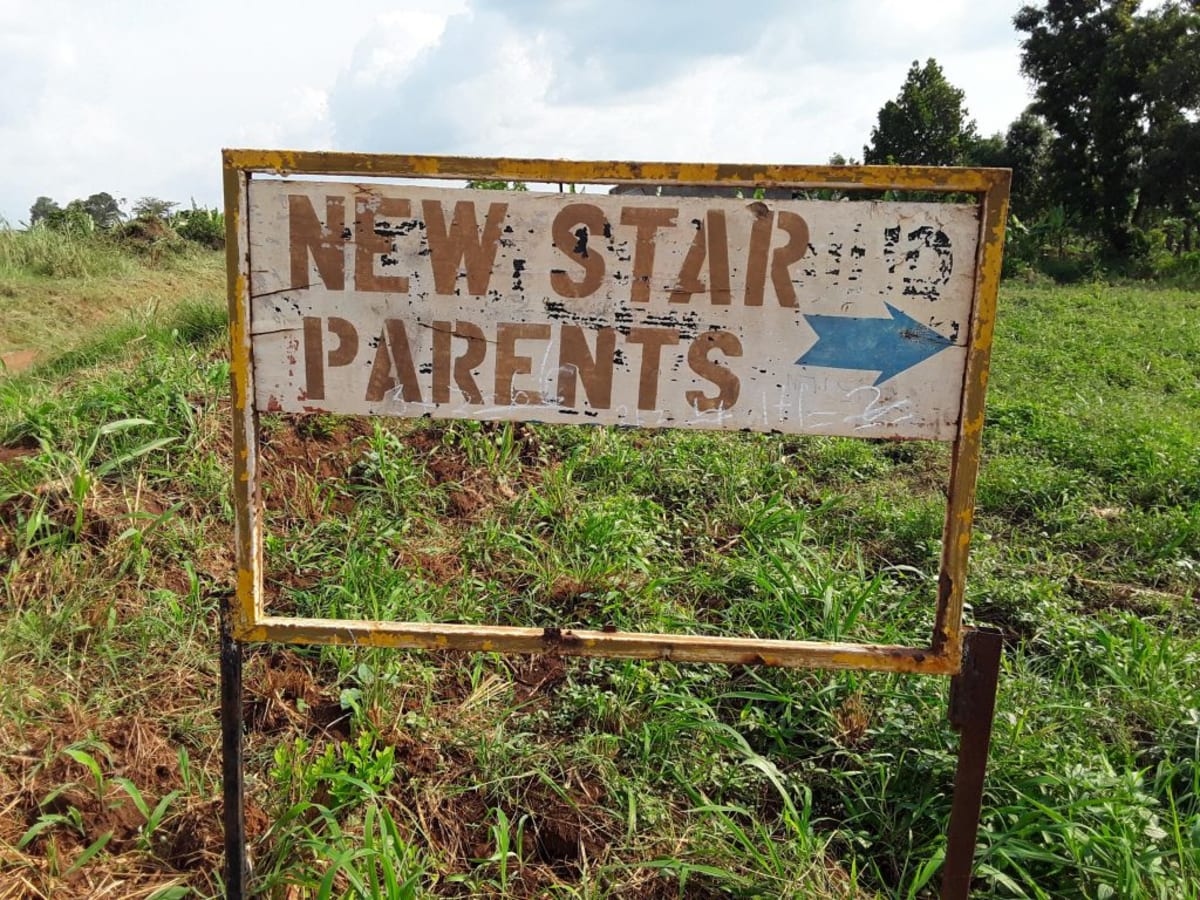Maizimarungi is located in Kikingura of Masindi, Uganda. GPS coordinates are estimates during the early stages of this project. We also estimate there to be at least 100 households who rely on surface water here.
The day starts early for people living in Maizimarungi. Farmers can be seen walking to their farms as early as 6AM. Sugarcane is the most popular crop since it sells the best in this area. All adults tend to spend the morning hours in the farm to beat the afternoon sun.
If there is sugarcane available to sell, a wife will gather the crops in a basket and take them to the closest trading center. She sets up shop all afternoon and returns home in time to prepare dinner for her husband, who has remained on the farm. After dinner, people spend their time socializing and drinking.
Water Situation
Water is fetched from stagnant water near the village. This surface water is swampy and highly contaminated. Unfortunately, community members have no other option. The water must be used for drinking, cooking, cleaning, and all other domestic needs.
Locals bring plastic jerrycans to dunk and fill at the lake or swamp. Children often just carry a cup to get a quick drink. Before dunking a container in the water, algae must be pushed aside.
Waterborne disease is an issue, especially for the children. There are constant complaints of stomach pain accompanied with diarrhea.
Sanitation Situation
Not every family has a pit latrine. A quarter of families in this area either share a latrine with their neighbors or use the privacy of bushes. However, many households have their own bathing room to practice personal hygiene. We have included some examples under the "See Photos & Video" tab of what a typical home, kitchen, and latrine look like in Uganda. We were not able to get any pictures of households in Maizimarungi, except for those seen behind a community meeting.
We felt optimistic after our assessment of sanitation in Maizimarungi. Open defecation isn't really an issue, because health workers have already been active here. People know what needs to be done, but are looking for clean water to meet these goals.
Plans: Hygiene and Sanitation Training
The main objectives are the use of latrines and observing proper hygiene practices, since these goals are inherently connected to the provision of clean water. Open defecation, water storage in unclean containers and the absence of hand-washing are all possible contaminants of a household water supply. Each participating village must achieve Open Defecation Free status (defined by one latrine per household), prior to the pump installation for a shallow hand-dug well.
This social program includes the assignment of one Community Development Officer (CDO) to each village. The CDO encourages each household to build an ideal homestead that includes: a latrine, hand-washing facility, a separate structure for animals, rubbish pit and drying rack for dishes.
We also implement the Community Led Total Sanitation (CLTS) approach with each of our village partners. This aims to improve the sanitation and hygiene practices and behaviors of a village. During these sessions, village leaders naturally emerge and push the community to realize that current practices of individual households – particularly the practice of open defecation– are not only unhealthy, but affect the entire village. CLTS facilitates a process in which community members realize the negative consequences of their current water, sanitation and hygiene behaviors and are inspired to take action. Group interactions are frequent motivators for individual households to: build latrines, use the latrines and demand that other households do the same.
Plans: Hand-Dug Well
The community will participate in excavating and constructing the water source. In the meantime the aim is that all households own an improved latrine. When there is open defecation, feces spread all over the village. This leads to waterborne diseases and contamination of groundwater and surface water. Our aim is that the community is able to live a healthy life free of preventable diseases. We endeavor that at the end of our presence in the community, people will have both access to sustainable, clean water and access to sanitation. We have now organized families to form digging groups for latrine construction, and empowered them with tools to use.
Actual well construction will take four to six weeks if there are no challenges. The well will be lined with bricks and sealing clay, and finished with a Consallen pump.
Thank You for partnering with us to get clean water to the people living in Maizimarungi Community!

 Protected Dug Well
Protected Dug Well
 Rehabilitation Project
Rehabilitation Project























